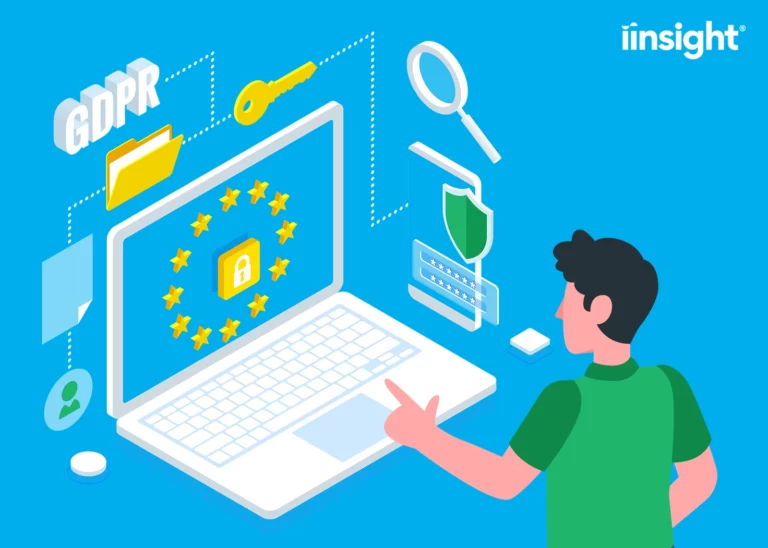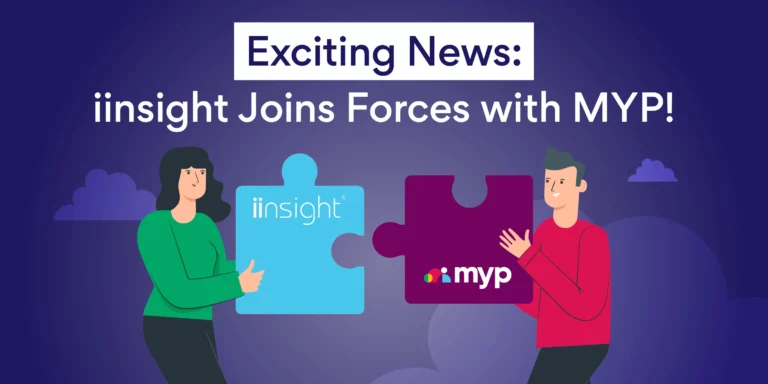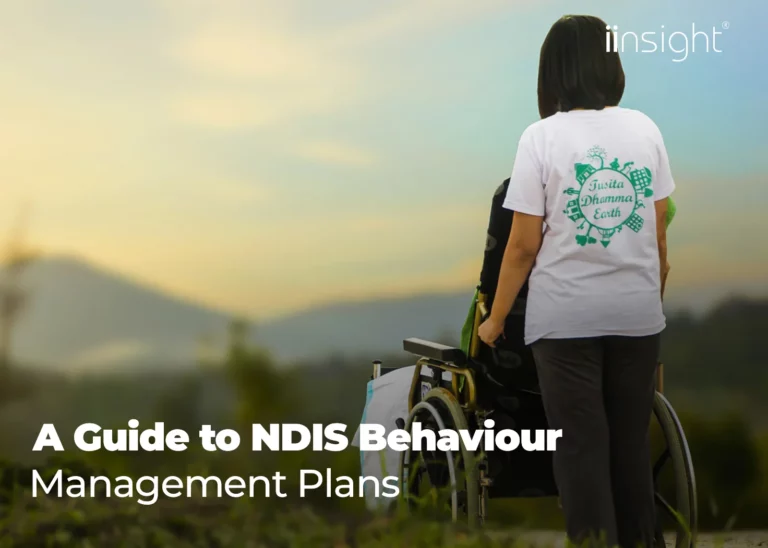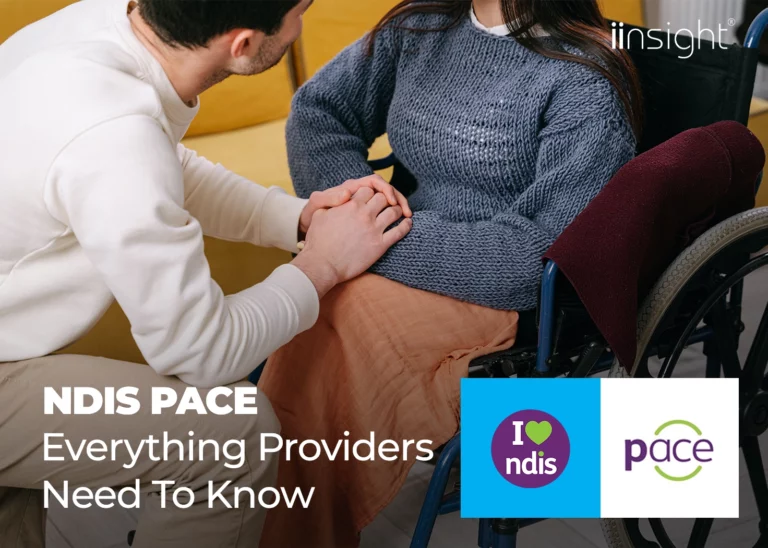In 2021 it was reported that the average life expectancy for people in the US is roughly 77.3 years old. With people living longer, more seniors need to be taken care of, but how can effective aged care management lead to better care for seniors?
One of the best things that you can do for seniors is to give them great aged care.
While there are many different ways to offer care, having a great system can help. Of course, there are some amazing care providers out there, and many of them do their best to provide an amazing service.
However, what separates great aging life care management from poor care management is having competent aged care managers.
If you would like to learn how effective aged care management leads to better care for seniors, keep reading.
It Creates More Structure
One of the biggest ways that effective aged care management can help seniors is through the structure it provides. When there is a proper system in place, this can make a huge difference in the way that care is delivered.
This is because every different area of care is already preplanned and thought out beforehand. Plus, keeping track of care-centered tasks helps to keep things running more smoothly.
When things aren’t properly organized then, care tasks can become rushed, which leads to poor quality care. However, having online software that helps you to stay structured with your business paperwork and other care information is a great way to do this.
Some case management software is difficult to use. However, at iinsight, we keep things simple with our online cloud-based software designed to help you stay organized.
More Time to Focus On Senior Care
Another important part of effective care is focusing on the needs of elderly patients. Their needs should always be put first regardless of how busy it is.
This is why having a structured management software that effectively tracks case management allows you to have more time with patients.
The reality is that many seniors have complex conditions and need special attention. However, when you have effective aged care management, this allows you to cater more to their complex conditions and needs.
The benefit of this is that they should get both more treatment and higher-quality treatment. This ensures that patients are getting the care that they deserve.
It’s important to keep in mind that this part shouldn’t be overlooked. Particularly when you are caring for patients who have complex medications or medical treatments.
If you don’t have the time to focus on senior care, then the chances are that they aren’t receiving the highest quality care that they could be.
This can lead to mistakes in care, and it can even lead to neglecting seniors’ care needs. When this happens, it can create much bigger problems, and this is not a position that you want to be in.
However, this can all be avoided by implementing effective aged care management.
It Makes Things More Comfortable for Seniors
Another big part of aged care management is that it makes things more comfortable for seniors. This is because when daily tasks and systems are set up properly, it creates a sense of comfort when they are receiving care.
This is crucial when it comes to caring for seniors last, they need to feel welcome in their environment. Of course, communicating effectively with seniors also plays a big role in this.
However, there is no reason why seniors shouldn’t feel comfortable and relaxed when they are receiving care.
For example, some seniors live in nursing homes and residential living. In these environments, they must have a place that they can call home.
The great thing about effective age care management is that it gives them all of these things. This helps seniors to feel more empowered and at ease, particularly if they are placed in a new environment.
Communication About Treatment Is Better
Aside from making seniors more comfortable, communication is also another important aspect of aged care management. While it may sound simple, it can make a huge difference.
One way it makes a difference is that teams can communicate better about seniors to ensure they get the highest quality care. This can help both the teams work more effectively, but also seniors receive better treatment.
If proper communication isn’t in place, it’s very easy to miss important information about seniors. Also, it’s easy for overall care standards to drop as details on their treatments may not be included properly in the plan.
If this happens, care staff may likely make mistakes when giving care which is something that should be avoided.
However, good communication helps seniors to voice their opinions.
By voicing their opinions, seniors can feel more empowered. If they do have any issues, then they can make carers aware of it so they can improve the care they are giving.
Overall, effective aged care management plays a crucial role in ensuring seniors get the best care possible. There are many different ways to improve aged care management, and it isn’t necessarily a difficult process.
Provide Better Aged Care Management With iinsight Today
Iinsight is one of the best service providers for aged care management. We provide cloud-based software for allied health professionals, so all your information stays organized.
This allows you to have more time for care and improves the overall standard of treatment that you offer to your patients.
If you would like to find out more information or receive some free friendly advice, then contact us today.












